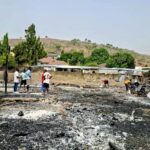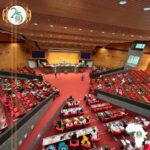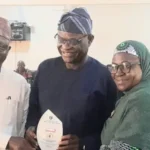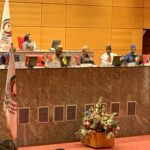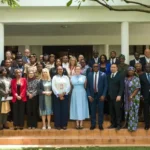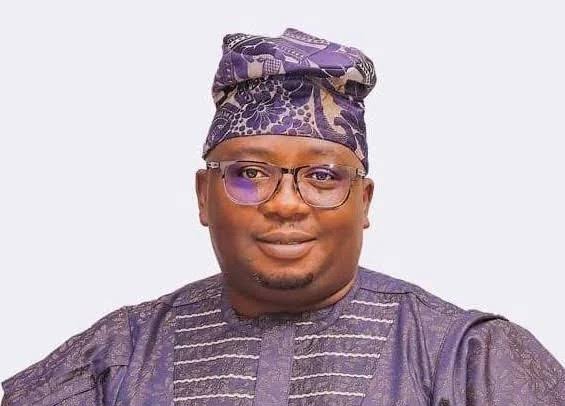FEC approves $34m, N13 bn for power sector transformation
By Muhyideen Jimoh The Federal Executive Council (FEC) has approved major funding to upgrade power infrastructure across the country, in a bid to boost electricity supply and support national industrial growth. Minister of Power, Adebayo Adelabu, disclosed this after Wednesday’s FEC meeting chaired by President Bola TinubuContinue Reading



